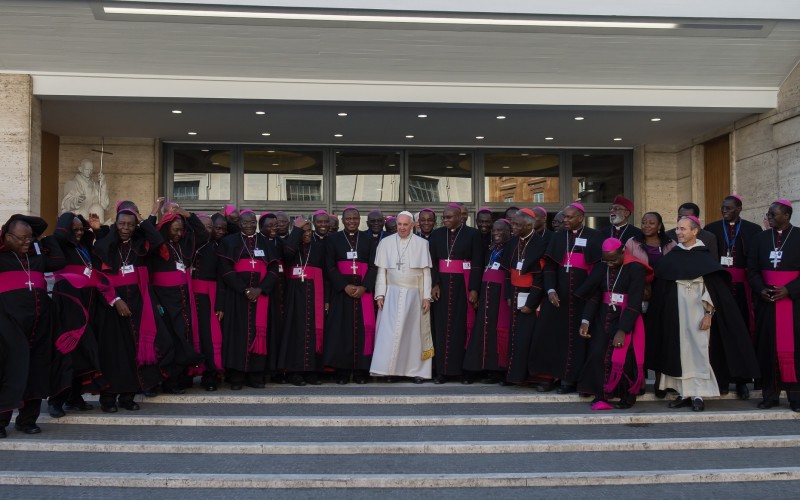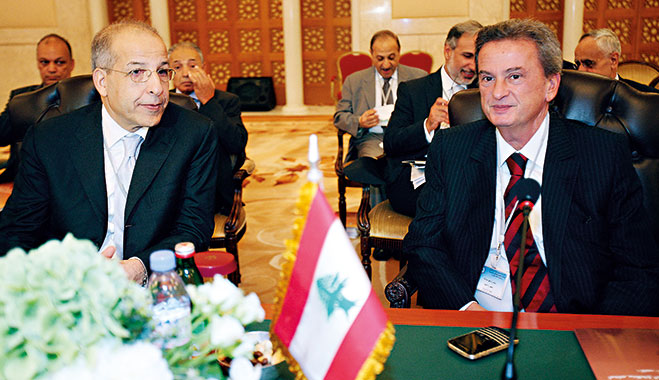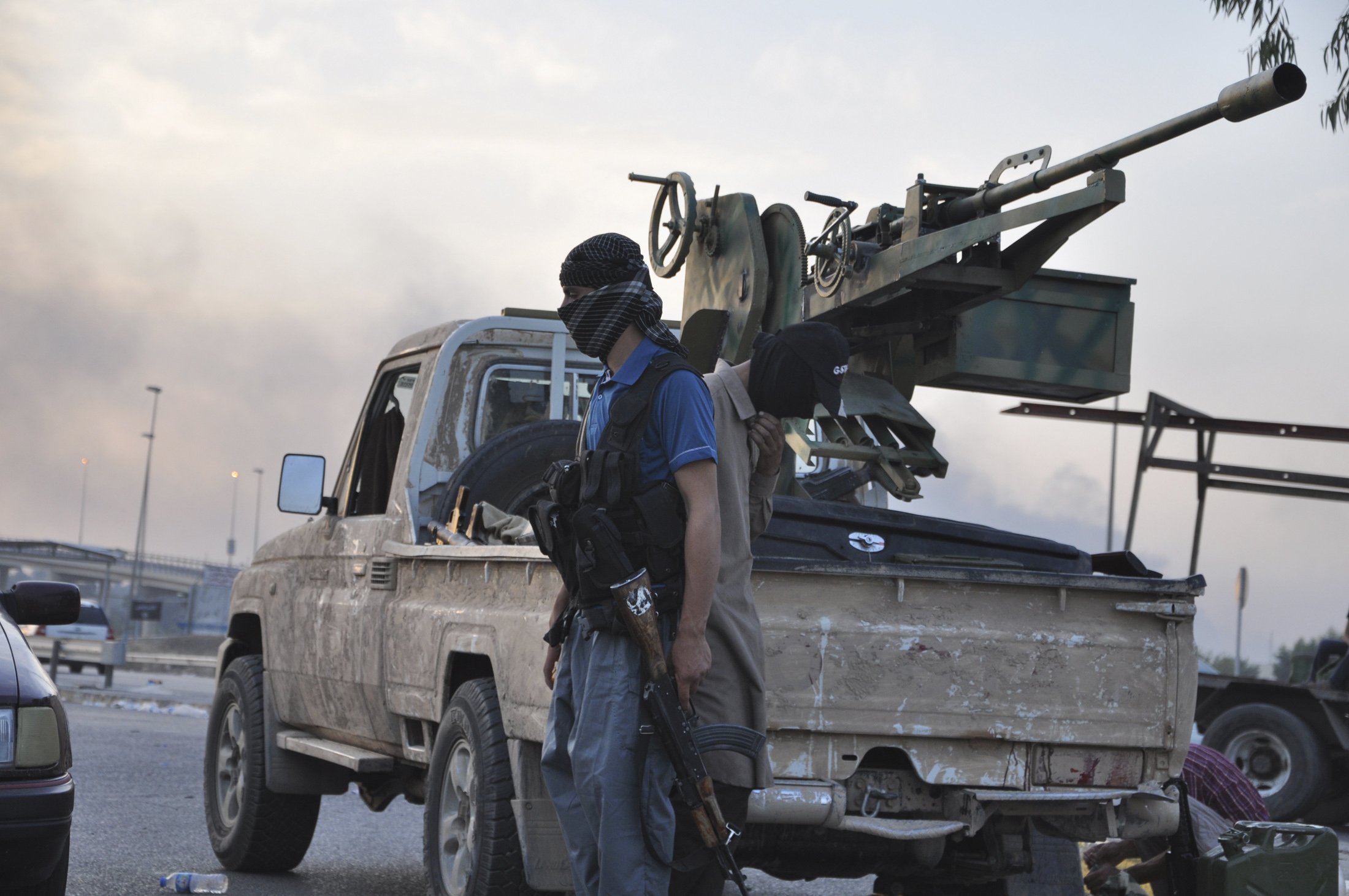While Dubai may be making a valiant play for the title, it is Beirut that has so far served as the region’s de facto design capital.
To understand Beirut’s creative prowess, one needs to look at its history, says Rana Salam, who has been tasked with curating an exhibition entitled Brilliant Beirut for Dubai Design Week, as part of the Iconic City series. The exhibition, which will be shown in Dubai Design District’s building 7 from October 26 to 31, charts the evolution of design in Beirut from the 1950s until the present day, pinpointing the pivotal moments, designers and achievements that have helped build the city’s reputation for progressive design.
Marine remembers 1983 Beirut bombings
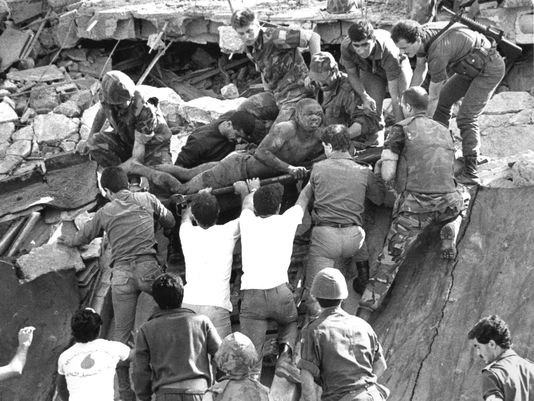
Retired Marine Col. Charles A. Dallachie
For Marines, great victories, great defeats and great sacrifices are never forgotten, but are remembered with battle streamers attached to unit colors. Unfortunately, there are no battle streamers to remember the ultimate sacrifice made in 1983 by Marines, sailors and soldiers in Beirut, Lebanon.
In the very early morning of Oct. 23, a building serving as the command post for 1st Battalion, 8th Marines, was hit by a suicide bomber driving a stake-bed truck loaded with compressed gas-enhanced explosives. The explosion and collapse of the building killed 241 Marines, sailors, and soldiers. Bomb experts who examined the blast site said the explosives, equivalent to 12,000 pounds of TNT, constituted the largest non-nuclear bomb in history. For the Marines it was the biggest loss of life in a single day since the Corps fought the Japanese on Iwo Jima in World War II.
Read more
Lebanese army captures top Daesh commander
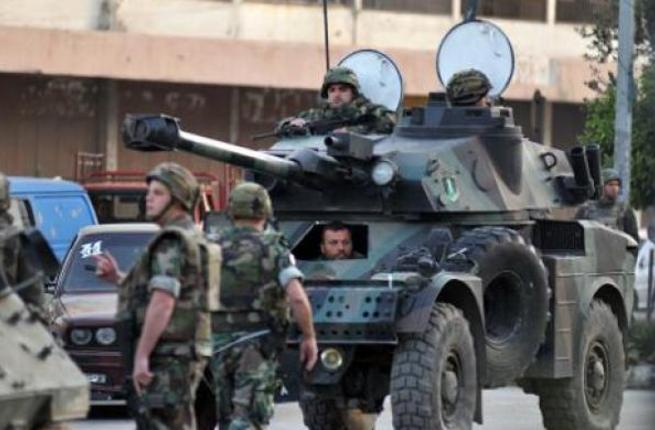
dailystar.com.lb
General Security forces in its battle against terrorism, announcing Thursday the arrest of a prominent ISIS leader and other suspected militants who confessed to plotting bombings and assassinations in the country.
The statement said that General Security, in a surprise operation, arrested Palestinians Z.K., J.K. and A. Kh. over suspicion that they belonged to a terrorist group and were plotting attacks inside Lebanon.
Hezbollah’s Al-Manar TV identified J.K., as Jihad Fadl Kaawash.
Upon interrogation, J.K. confessed to being the “legitimate leader” of ISIS in the Palestinian refugee camp of Ain al-Hilweh.
Read more
Lebanese navy stops second migrant boat in a week
Reuters Lebanon’s navy stopped a boat carrying 35 Palestinian refugees to Turkey on Friday, the second time this week it has moved in to stop people apparently trying to travel on to Europe. The boat, built for just 10 passengers, held 14 Palestinian refugees from Damascus, 21 from camps in Lebanon and a Lebanese citizen, […]
Read more
Aid for Syrian refugee crisis falls far short, Congress told

Washington D.C., Oct 22, 2015 / 03:12 am (CNA/EWTN News).- Although numerous countries and organizations are working together and putting billions of dollars into relief efforts, “the scale of suffering has outpaced their ability to respond,” said Catholic Relief Services COO Sean Callahan.“Despite these generous responses, the exodus to Europe cries out that so much more must be done,” Callahan told members of Congress on Tuesday.
Over the last three years, Catholic Relief Services and their partners have assisted nearly 800,000 people and spent over $110 million in response to the Syrian refugee crisis. Churches, NGOs, and neighboring countries such as Lebanon, Turkey, and Jordan have leant a helping hand to refugees.
Read more
What jihadist fighters in the Middle East do in their spare time
Pamela Engel
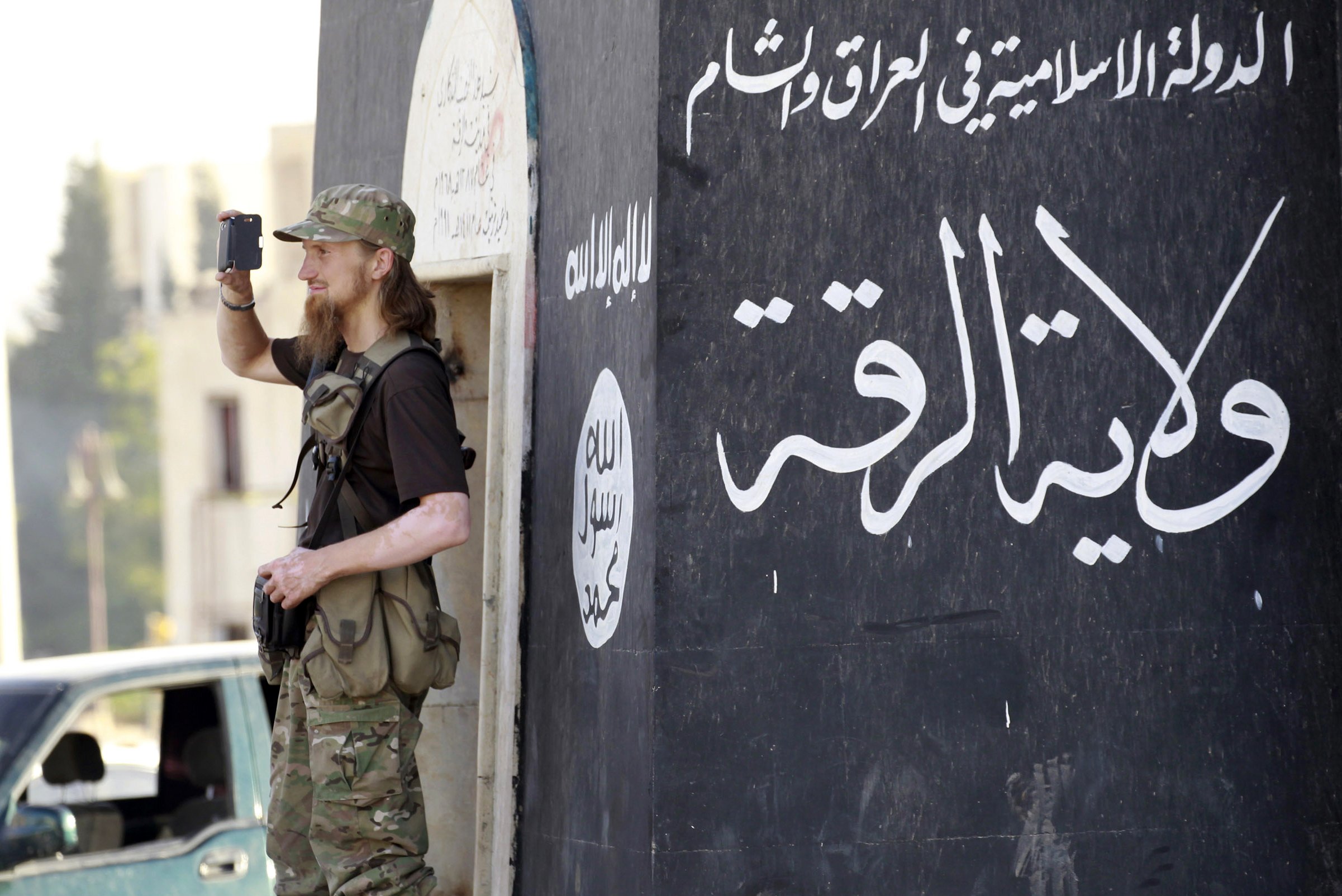
Most of what’s reported about jihadist fighters in terrorist groups like ISIS and Al Qaeda focuses on their military activities, and it’s not often that we get a look behind the scenes at other aspect of these communities.
Thomas Hegghammer, an expert on violent Islamism at the Norwegian Defense Research Establishment, gave a lecture at the University of St. Andrews in April about what jihadis do in their spare time.
And Shadi Hamid, a senior fellow at the Brookings Institution and a Middle East expert, tweeted that the transcript is one of the best things he’s read in months.
Hegghammer called downtime activities that knit jihadi communities together "one of the last major, unexplored frontiers of terrorism research" that could "shed important new light on how extremists think and behave."
"I can’t quantify it, but it seems most non-military activities were orthodox devotional practices: prayer, invocations, ablution (washing yourself), Quran recitation, and the like," Hegghammer said.
"I found no support for the claim you sometimes hear about jihadists being hypocritical opportunists who don’t really care about religion. Some of them may have been unobservant before they join, but once they’re in, they seem very meticulous about observance."
This is supported by ISIS members’ active presence on social media. Members discuss religious practices and make frequent references to Allah.
Read more
